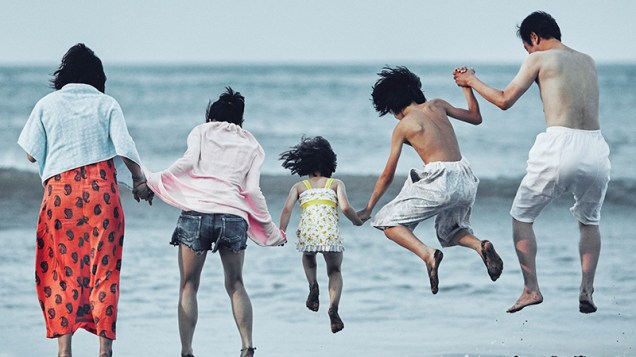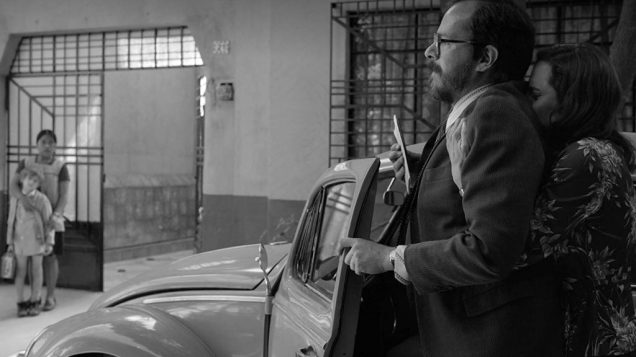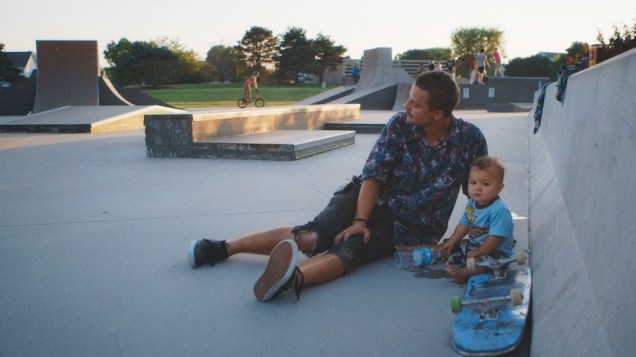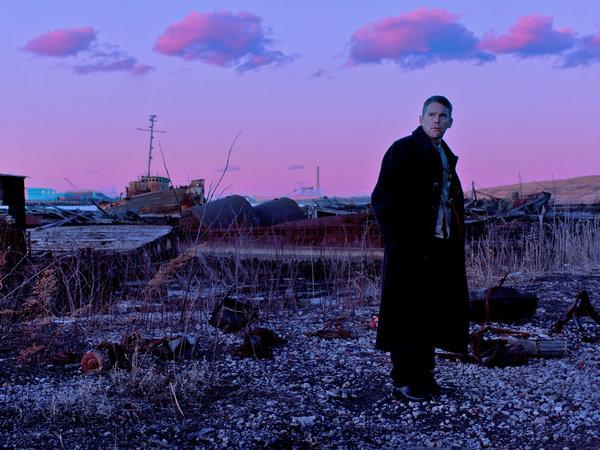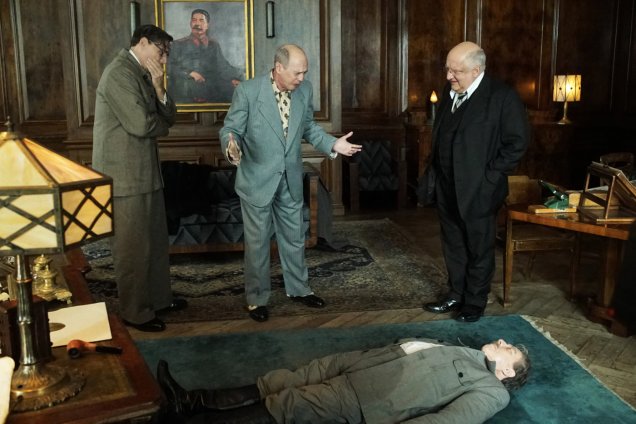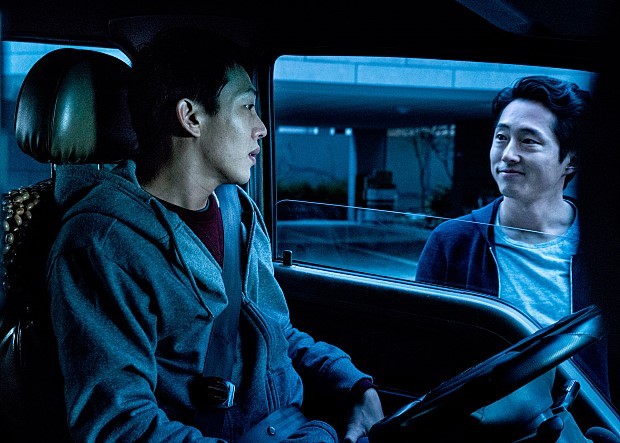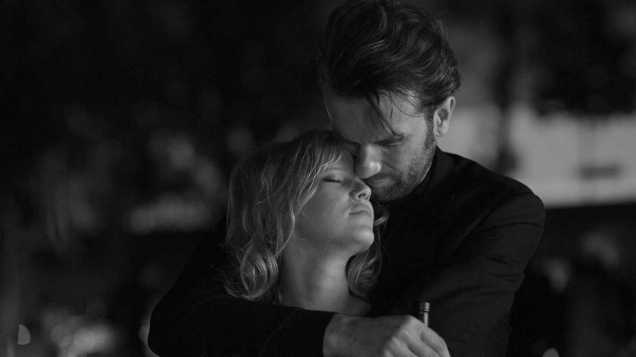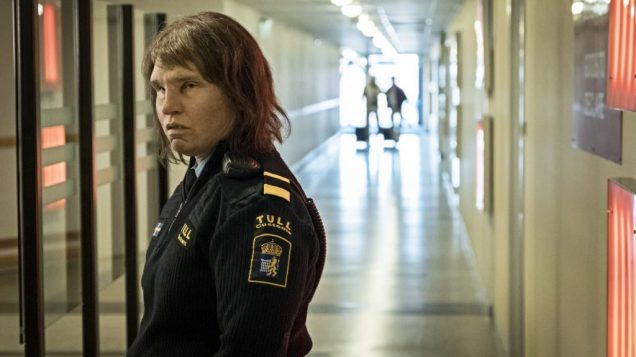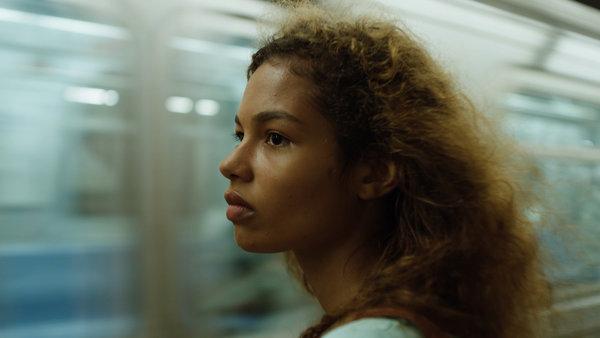I briefly thought about presenting an unranked list of ten or twelve favorites this year, but that wouldn’t be as much fun.
1. SHOPLIFTERS
As with his great forebear Yasujiro Ozu, it’s hard to say which Hirokazu Kore-eda film is the best, since he returns to familiar, familial themes across his discography with a rare consistency. So, place this well-deserved Cannes Palme D’or winner up there with NOBODY KNOWS and STILL WALKING and admire his ever-present humanism and kindhearted but fair depiction of what ordinary, flawed people do in order to survive while also seeking solace in each other (whether they’re able or even willing to reciprocate.) Also, take note of this year’s best ensemble cast, from the wonderful Kirin Kiki (in her final role) to Sakura Ando, whom in one devastating scene brings to light all of the narrative’s complexities.
2. ROMA
Concerning a middle class family in early ’70s Mexico City as filtered through the perspective of its maid, Cleo, this is in direct contrast to the ever-expanding world that was a focal point of Alfonso Cuaron’s last Mexican film, the seminal Y TU MAMA TAMBIEN: based on the director’s own life and heavy with memories and essences of a long-ago past, it’s far more interior. And yet, ROMA often feels as generous as its predecessor. Although individual scenes register as slice-of-life vignettes, their order and procession is key, for they build towards something both heartbreaking and life-affirming. When Cleo says to a co-worker and friend, “I have so much to tell you,” it could be Cuaron’s own epitaph.
3. MINDING THE GAP
A documentary rife with all the euphoria and turmoil (and every emotion in between) of day-to-day life via three young male skateboarders in Rockford, Illinois, one of whom, Bing Liu is the director. I’ve seen this kind of movie before, but never has it felt so honest or carried as much weight this effortlessly. Liu’s editing and cinematography are both exceptional for a film of this scale and budget, and it builds to a powerful finale without calculation. This little, handmade film could serve as a definitive portrait of its time and place in the decades ahead.
4. CAN YOU EVER FORGIVE ME?
The real-life story of Lee Israel, a struggling, middle-aged, alcoholic writer whom in the early ‘90s fell into a brief stint as a literary forger, should be something that works better on page than screen, but director Marielle Heller translates Israel’s own memoir as if it were a living, breathing, sincere re-creation of a now forgotten Manhattan. Aided by top-notch work from Melissa McCarthy (who really should do more indies) and Richard E. Grant, Heller has crafted something so sharp and rich with nuance, I’m not surprised it isn’t dominating the awards season.
5. FIRST REFORMED
The ridiculous and the sublime remain inseparable (as they should) in Paul Schrader’s late-career miracle about a priest (Ethan Hawke, perennially underrated as he ages but arguably never better in a role he nearly disappears into) troubled by climate change, alcoholism, religion-as-business—all the big stuff (and more!) From its austere, slow-track, zoom-in opening credits sequence to an absolutely nutty ending, Schrader conducts a wild ride through the dark night of the soul; for once, he achieves the transcendence so favored by his longtime heroes Carl Dreyer and Robert Bresson.
6. THE DEATH OF STALIN
Excessively funny and appropriately dark, I wasn’t entirely convinced by Armando Iannucci’s peculiar satire until a second viewing confirmed this was nearly as bold (and arguably more formally successful) as its great predecessor DR. STRANGELOVE. The elaborate “musical emergency” opening, the slapstick moving-of-the-body, a deliriously profane argument playing out in front of a small child—all great stuff, though nothing made me laugh so hard or proved so cathartic as Khrushchev (Steve Buscemi, unexpectedly perfect for the Iannucci-verse) bluntly sneering, “You fat fuck!” at the corpse of a slain politician.
7. EIGHTH GRADE
Nine months after seeing this, I still can’t understate how terrific Elsie Fisher is as Kayla, an awkward, average fourteen-year-old who’s quirky enough to stand apart from any other similarly-aged protagonist you’ve seen before and also recognizable to an almost painfully universal degree. I’ve also come to further appreciate what writer/director Bo Burnham has pulled off with his debut feature, his affection for the minutiae of this ultra-specific world (one most of us who’ve lived it would rather forget) apparent without distraction from nostalgia’s rose-colored lenses.
8. BURNING
Adapted from a Haruki Murakami short story, Chang-dong Lee’s first feature since 2010’s POETRY focuses on a peculiar male-female-male triangle; to get further into the story would lessen much of its mystique; only know that director sets up any number of expectations only to masterfully defy most of them without leaving the viewer feeling cheated. “Haunting” is word used far too often in film criticism, but that’s the exact tone BURNING leaves one with; the ending also secures its place in the canon of slippery, unknowable cinema.
9. MADELINE’S MADELINE
An occasionally frustrating but fascinating puzzle box of a film. On the surface, it appears to be about a teenager (Helena Howard—remember her name), her antagonistic relationship with her mom and her participation in an experimental theater troupe, but there’s so much more going on here—A meditation on the creative process? The danger of making art out of one’s own personal experiences? Or is it all just the unfiltered, interior state of a troubled, possibly mentally ill teenaged girl? Whatever it is, I was fully on board for all its inspired madness.
10. COLD WAR
Spanning a fifteen year period post-World War II, Pawel Pawlikowski’s follow-up to IDA recreates a culture in the throes of a severe political takeover, drawing implications from the minute to fully societal. He limns his focus onto two very different people (inspired by his own parents): a jazz musician and a younger singer who nonetheless are drawn to each other. Each frame is a lovingly crafted tableau, strikingly rendered in high-contrast black-and-white, deep focus photography. The mostly diegetic soundtrack, ranging from hard bop jazz to hymn-like folk songs is a character in itself.
TIED FOR 11th PLACE:
Border
If Beale Street Could Talk
The Rider
Scotty and The Secret History of Hollywood
Support The Girls
ALSO RECOMMENDED:
The Ballad of Buster Scruggs
BlacKkKlansman
BPM (Beats Per Minute)
Grace Jones: Bloodlight and Bami
Lean On Pete
Leave No Trace
Loveless
Shirkers
Sorry To Bother You
Won’t You Be My Neighbor?
